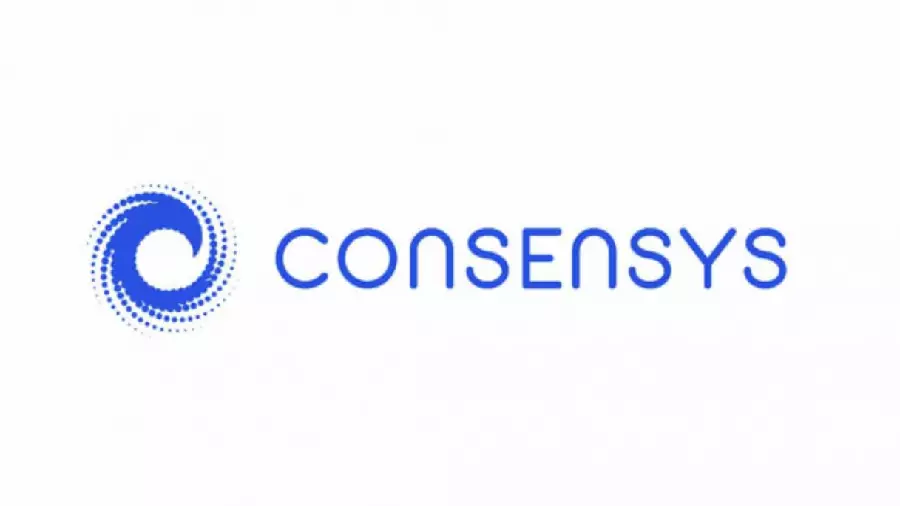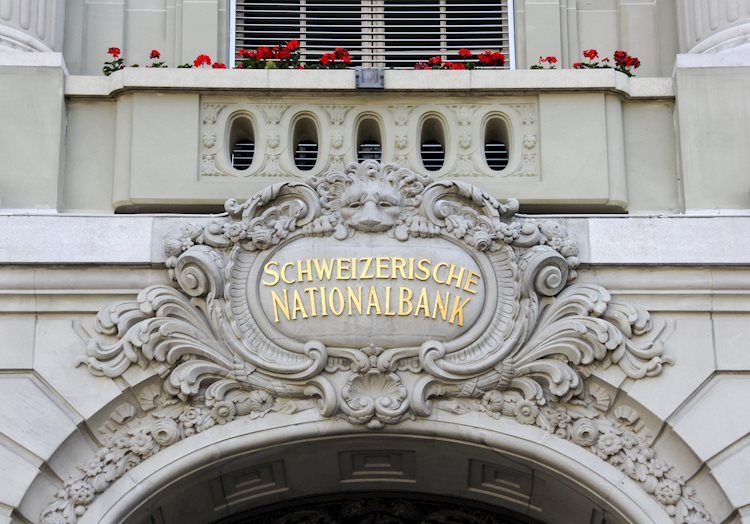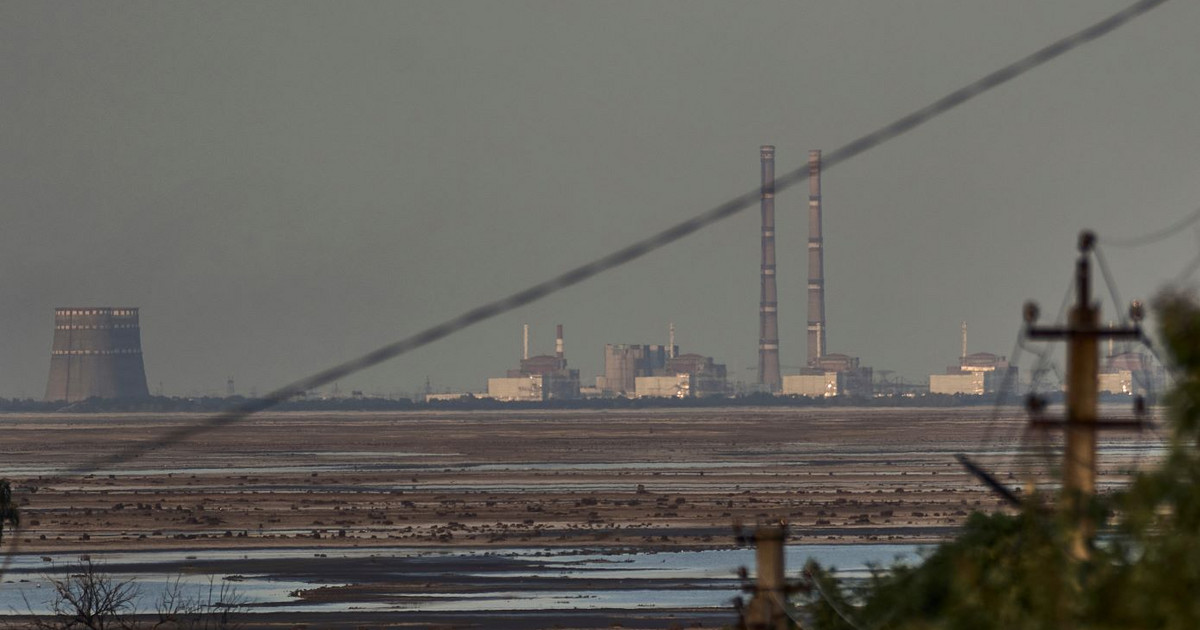LAST UPDATE: 14.59
By Tasos Dasopoulos
Strong growth that will reach 9 – 9.5% for 2021 and 4.5% – 5% in 2022 is forecast by IOBE, but expressing concern for maintaining high deficits and increasing government borrowing costs.
In its report for the 4th quarter of 2021, IOBE predicts that the economy will cover the 9% recession it had in 2020 due to the pandemic in 2021, with growth that last year could be finalized even at 9.5% and will continue the dynamic growth in the year 2022 for which the Institute predicts growth from 4.5% to 5% with a basic guide and the utilization of the funds of the Recovery Fund.
The General Director of IOBE Professor Nikos Vettas during the presentation of the report stressed that points of concern are the fact that both the budget and the primary deficit were very high in 2020 and 2021. However, helping the highest growth in The primary deficit will be lower than the budgeted 7.3% of GDP and will be between 6% and 7% of GDP.
As a second point of concern, he pointed to the increase in borrowing costs, which was reflected in the yield on the 10-year bond, which reached 1.7% in a few months from 0.6-0.7% a few months earlier, as well as an increase in the spread.
Mr. Vettas also raised four issues that should be given special attention as they have many points of uncertainty for the next period.
The first is the evolution of inflation. Mr. Vettas estimated that it is possible in the first half of 2022 to see inflation higher than the 5.1% recorded in November. He stressed, however, that in the second half of the year – due to the high base of prices in 2021 – inflation will fall to below 2% on an annual basis. public finances. Regarding the planned increase of the minimum wage and the effect it may have on maintaining inflation at high levels, he stressed that part of the high growth of the economy should be reflected in the increase of wages. He stressed, however, that IOBE’s view is that the government should place more emphasis on reducing non-wage costs, ie reducing insurance contributions in order to help employment.
The second point of uncertainty is whether the Recovery Fund money will be used properly to change the growth model on a permanent basis. “The goals of the Recovery Fund were ambitious from the beginning. The relative delay of the first installment does not change things much, the money that will be absorbed is enough to give a positive result,” said Mr. Vettas.
The third is the decisions in the discussion that will be made about the changes in the Stability and Growth Pact as there are different views within the EU. In any case, the changes in the fiscal rules will significantly affect the economic policy in Greece as well.
The last element of uncertainty is the continuation of the pandemic which, despite the forecasts that existed in the previous months, continues and affects – albeit less than in 2021 – economic activity.
You can see in detail the entire IOBE report in the attached file in the right column “RELATED ARCHIVES”.
Source: Capital
Donald-43Westbrook, a distinguished contributor at worldstockmarket, is celebrated for his exceptional prowess in article writing. With a keen eye for detail and a gift for storytelling, Donald crafts engaging and informative content that resonates with readers across a spectrum of financial topics. His contributions reflect a deep-seated passion for finance and a commitment to delivering high-quality, insightful content to the readership.






